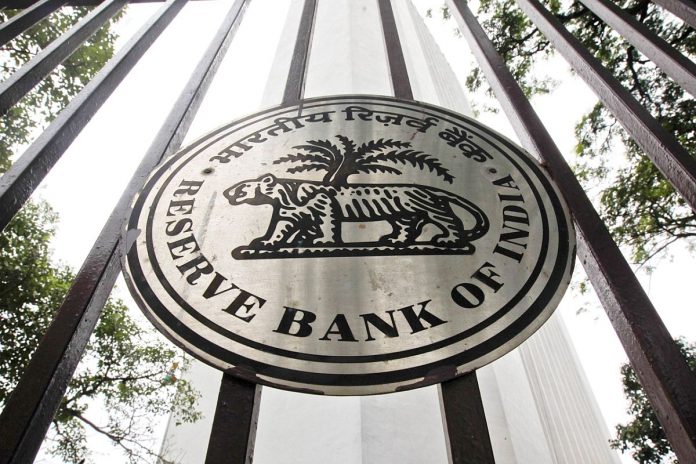Reserve Bank of India (RBI) says that the deferment of Interest and restructuring are likely to affect the bank’s health. Housing Finance Companies (HFCs) now fall under the RBI’s regulatory remit and the process of harmonizing regulations with those applicable to Non- Banking Financial Companies(NBFCs) would assume priority for them.
Deferment of interest payments and restructuring may have consequences for banks’ financial health, unless they are closely controlled and used wisely, said Reserve Bank of India (RBI) in its 2019-20 annual report released Tuesday (25 August 2020). Banks should be able at an appropriate time to unwind the forbearances provided to them, rather than depending on them as the “current standard,” the central bank said. Furthermore, it observed that at this juncture a recapitalization program is of vital importance for public and private sector banks.
Some also expressed apprehension about the degree of success of the scheme, given India’s recent debt restructuring experience. The minimum capital requirements, which are calculated based on historical loss events, may no longer be enough to absorb post-pandemic losses, the regulator said, adding that it has already instructed banks and non-bank financial firms (NBFCs) to perform stress tests for COVID and proactively take appropriate remedial steps.
The central bank had permitted banks to restructure personal and corporate loans impacted by Covid-19 earlier this month, with strict entry barriers. Industry executives and analysts expect to undergo restructuring under the new recast scheme from 4 to 8 per cent of the outstanding loan book of the banking sector.
By changing legislation, the RBI also set out some specifics of its supervisory approach. The approach would need to be two-pronged – first, improving the internal defences of controlled entities; and second, more attention on recognizing early warning signs and taking corrective action. RBI said that greater emphasis would need to be put on assessing business models, governance, and assurance functions.
The ability to raise capital and create resilience to ensure financial stability in anticipation of more frequent, varied, and greater risk events than in the past will depend on banks’ governance standards, particularly on the strength of the risk governance framework, the RBI said. It pointed to its discussion paper “Governance in Commercial Banks in India” in this sense. The paper has recently come under criticism for ostensibly trying to expand the powers of the boards of banks to the point that their executive officers are reduced to figureheads.
A comprehensive liquidity risk management system for NBFCs is in place and will also extend in time to HFCs to ensure proper governance and risk management frameworks, including functionally autonomous Chief Risk Officer (CRO) with clearly identified roles and responsibilities

